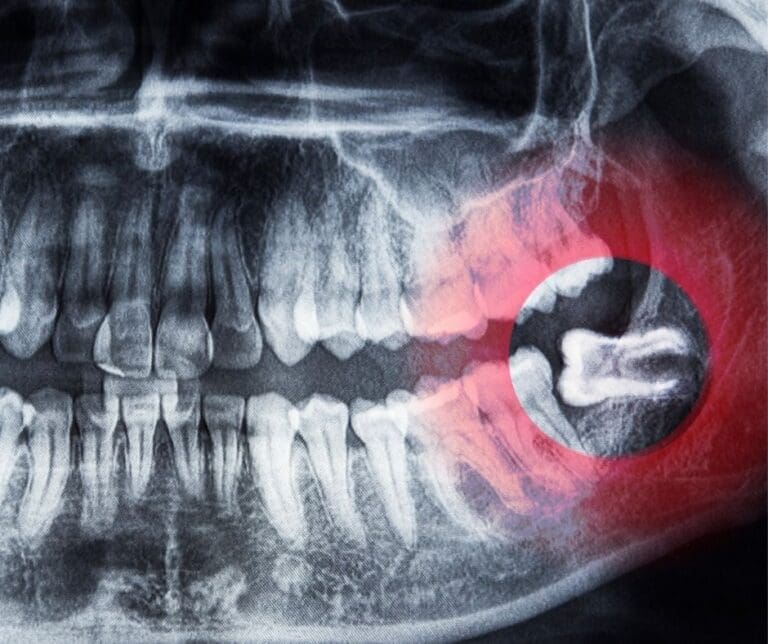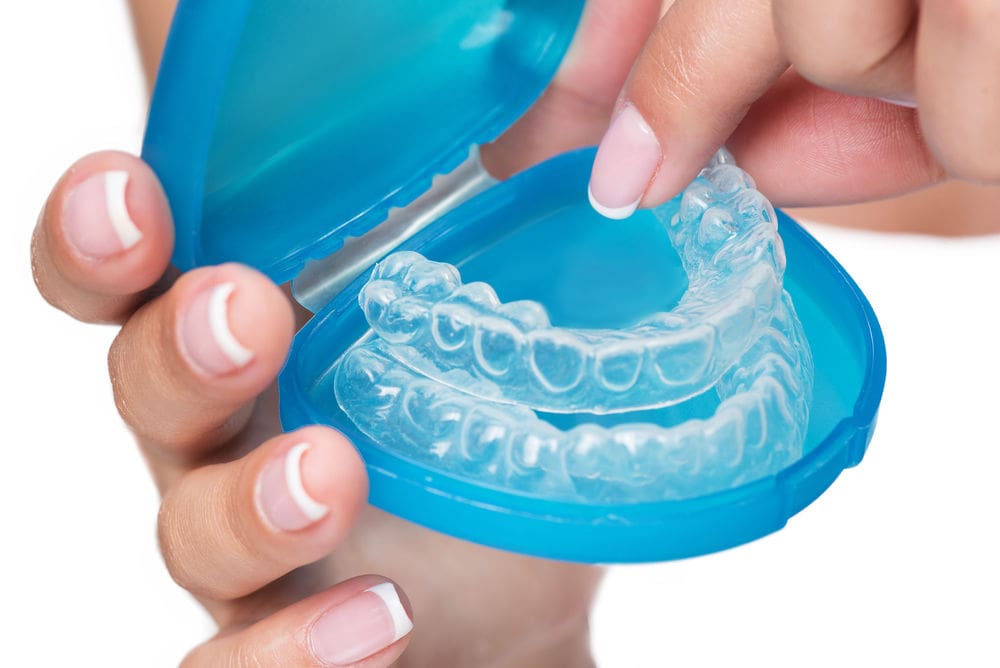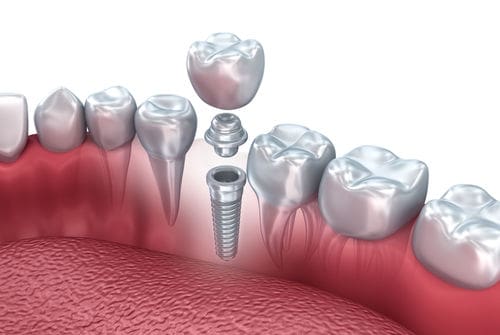Wisdom Teeth
When it comes to certain teeth wisdom is not the first thing that comes to mind. The last adult teeth to emerge, known as wisdom teeth, are notorious for causing problems. You may even need them removed if they are not currently causing any apparent problems.
Wisdom teeth get their name from the fact that they don’t typically arrive until a patient is an adult, normally between the ages of 18 and 25. People normally have four wisdom teeth – two at the rear of the lower jaw and two at the rear of the upper jaw.
Modern human beings don’t normally have enough space in their jaw for the wisdom teeth to make their debut, leading to numerous problems. A professional evaluation is the only way to know for sure what your level of future risk may be.
Wisdom Tooth Evaluation
Only your dentist can provide you with a definitive answer as to if your teeth need extracting. You must first undergo an evaluation, which will involve x-rays. If everything looks okay, they’ll probably tell you that extraction is unnecessary.
If your dentist looks at your x-rays and foresees problems ahead, they will advise you to have your wisdom teeth extracted. Even if you’re not currently experiencing any problems, you may need them removed to avoid complications in the future.
Can I just do nothing?
Doing nothing is always an option, but not one without consequences. The main risk is that your wisdom teeth may not properly emerge, leading to them becoming trapped under your gums, or impacted.
Your wisdom teeth may emerge parallel to your jawbone or push other teeth out of the way. If you do nothing, those teeth can cause poor alignment, decay, infection, jawbone damage and gum disease.
Another thing to consider is that these teeth are in the rear of the mouth, making them notoriously difficult to clean, even for those who practice meticulous oral hygiene. This makes it more likely that you could develop gum inflammation or infection.
How will I know if I need extraction?
Although your dentist will make the final determination, here are some signs that you may need extraction:
- Tooth or jaw pain
- Gums that are red, tender or swollen
- Persistent bad breath
- Swollen jaw leading to difficulty opening the mouth, or pain
What To Expect
If you are undergoing an extraction, your dentist would begin by numbing the treatment area with an anesthetic. The entire process should take only around 45 minutes to complete.
Once your procedure is complete, you will be guided to a recovery room where you will remain until your local anesthesia has worn off. Most patients are able to return home on the same day as their teeth removal.
Most patients tolerate the removal of their wisdom teeth quite well. If you should experience lingering pain, or pain that increases in intensity, contact your dentist right away to receive instructions.
Learn more with a consultation today. New patients are welcome.









